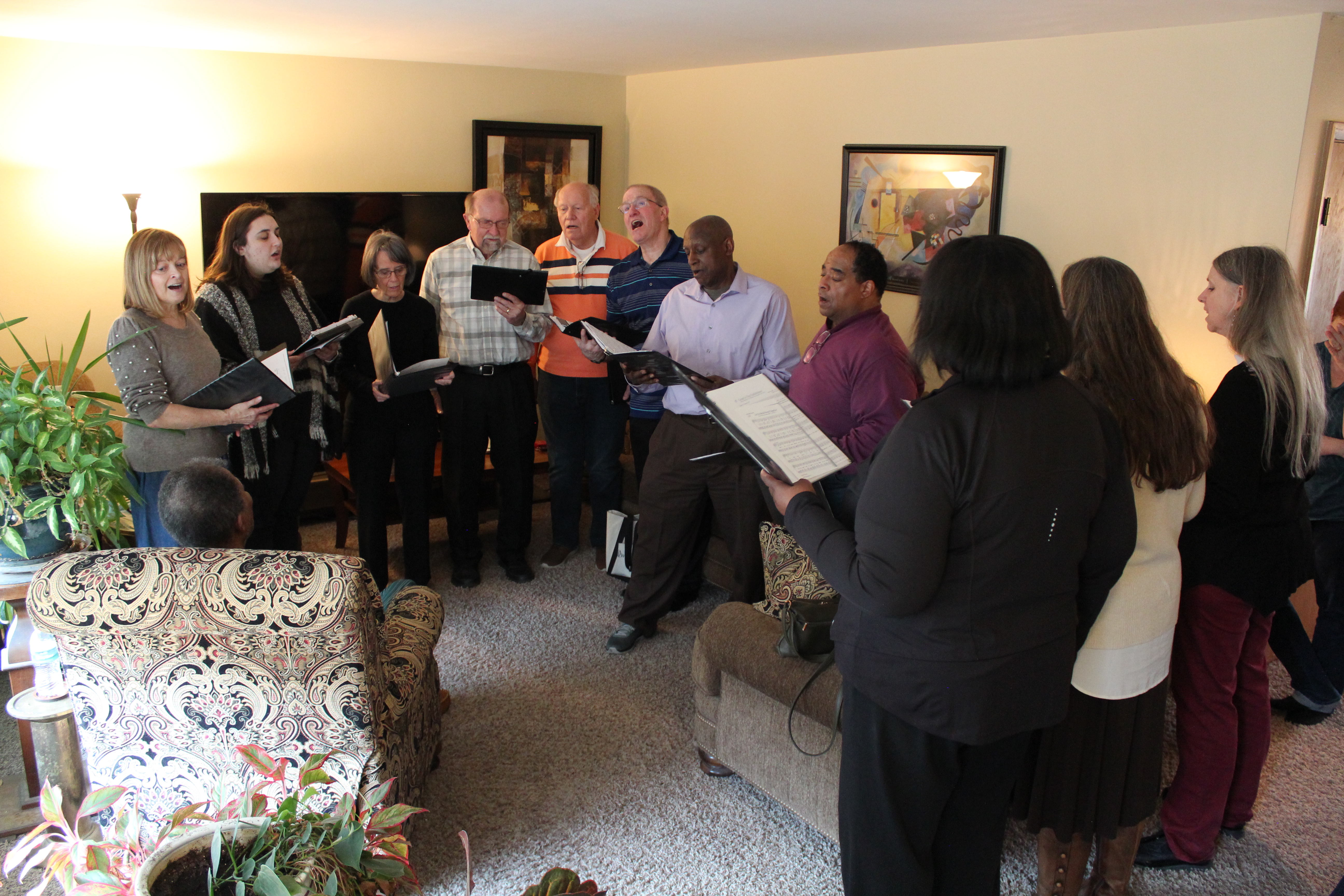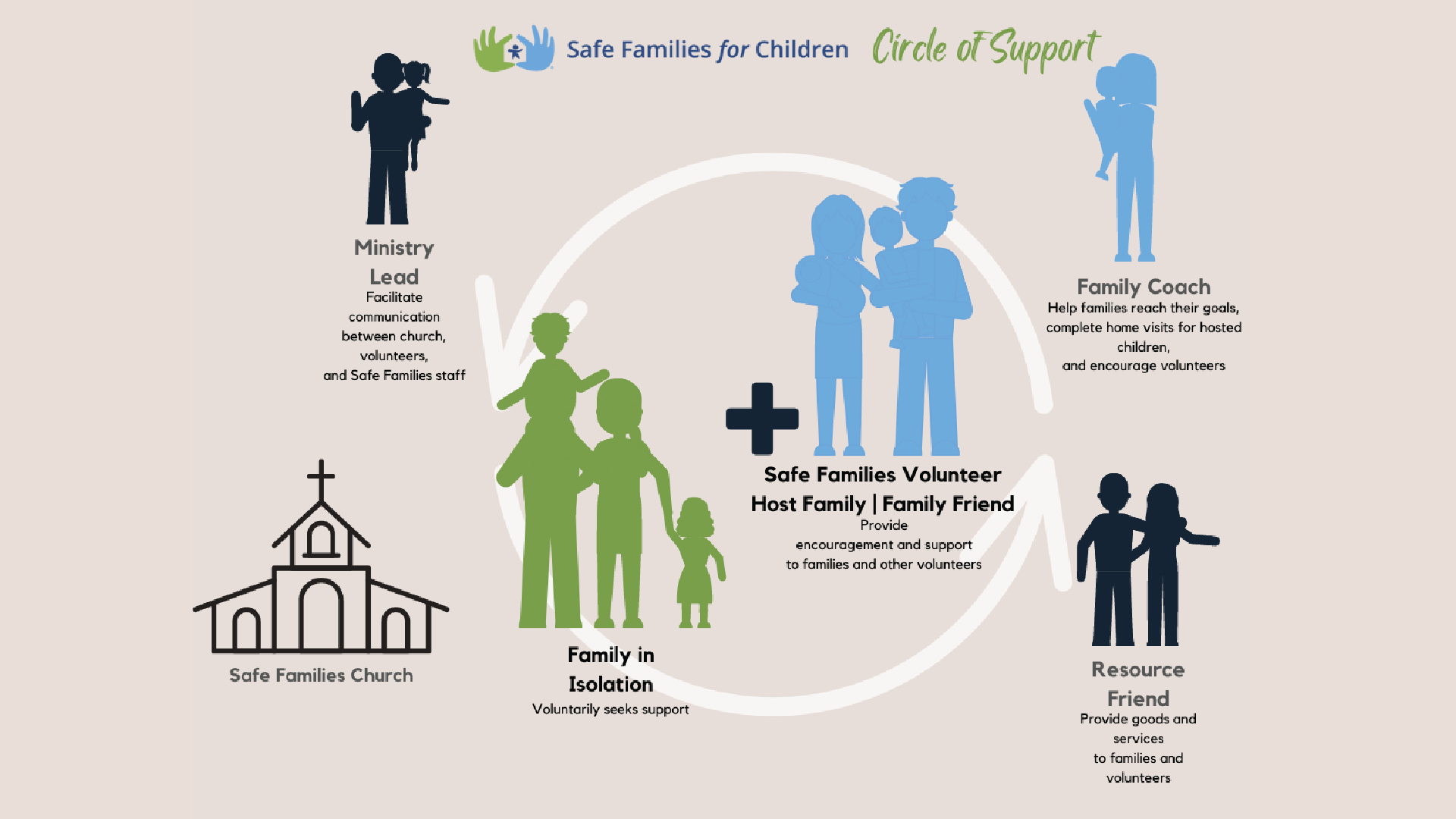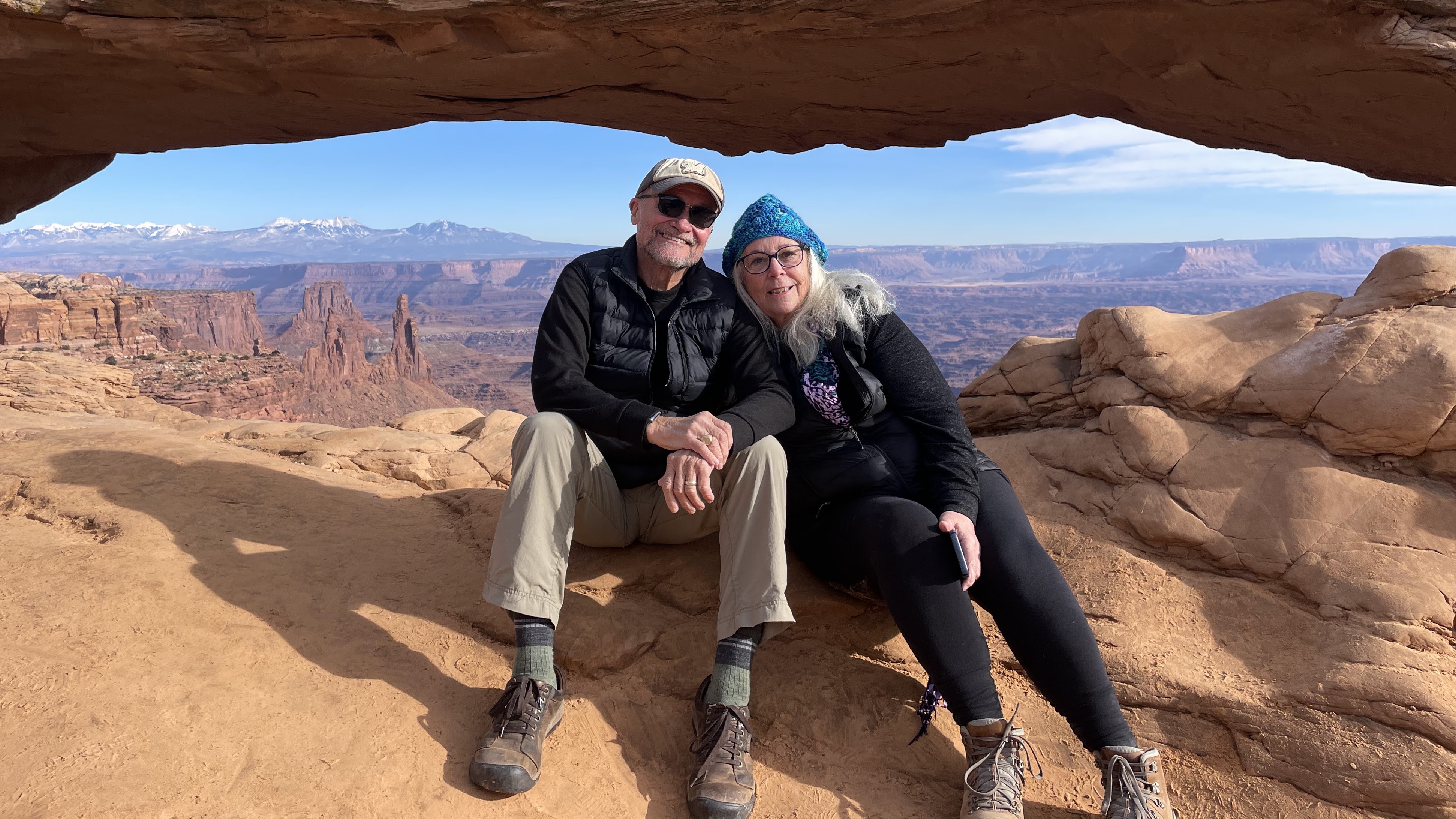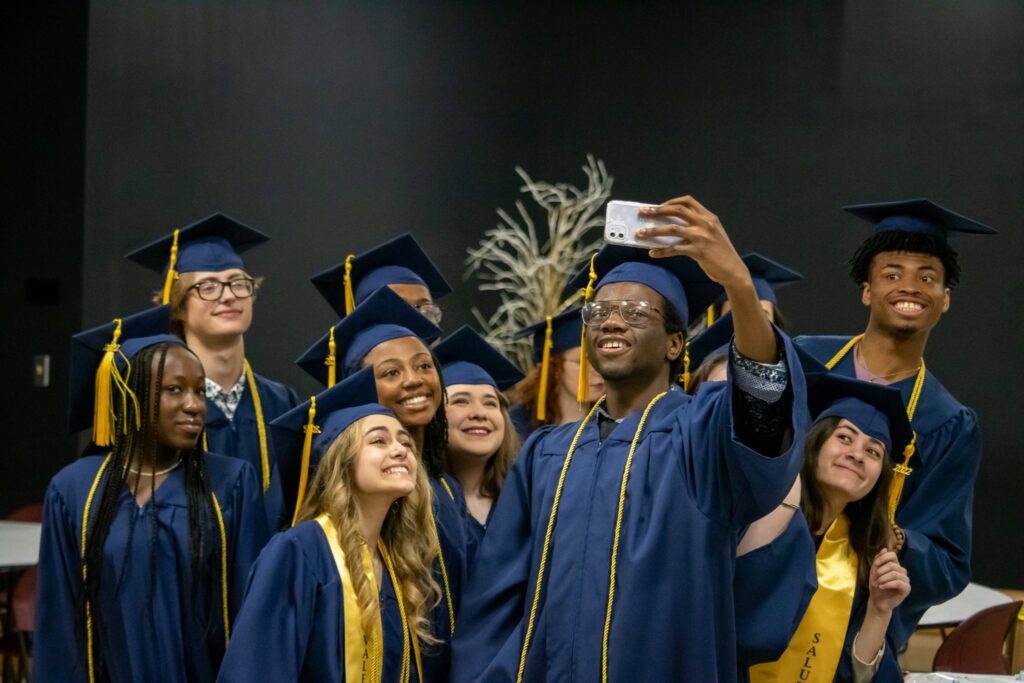by Joshua Kok
In the book of Revelation, we are given the picture of heaven that God imagined from the beginning of time, the heaven that would exist once all things according to the Scriptures were fulfilled. Revelation 7:9-10 says:
After this I looked, and behold, a great multitude that no one could number, from every nation, from all tribes and peoples and languages, standing before the throne and before the Lamb, clothed in white robes, with palm branches in their hands, and crying out with a loud voice, ‘Salvation belongs to our God who sits on the throne, and to the Lamb!’
Classic depiction of the Christian afterlife, right? What hopefully stands out is the multitude from every nation, tribe, and language. With one word, we can sum up what the author describes: Diversity.
Today, the word “diversity” is often synonymous with political agendas, and can make some people cringe or shudder. I don’t believe John’s description of diversity within Revelation carries that sort of modern baggage. Instead, it is what I believe God desires is to represent His cosmic, complex diversity. It suggests that, to the God of heaven, our skin color, nation of origin, native language and culture are beautiful and intentional gifts from Him, details of our personhood that we should not throw away. At the same time, I believe the diversity God desires goes far deeper than the color of our skin or the country in which we were raised.
Midwest Culture Shock
I am a graduate of Eastbrook Academy. I attended EBA from K-5 through 12th grade, graduating in 2012 as a member of the school’s third graduating class.
My time at EBA reminds me of the famous short fiction by David Foster Wallace about two young fish meeting an older fish. The elder asks,“Hey youngsters, how’s the water?”The two young fish exchange a look, and one asks the other, “What’s water?”
At Eastbrook Academy, diversity and difference are not only celebrated, they’re accepted as standard. I would call it the school’s greatest strength. It is normal to have friends with a different skin color from yours, living in another zip code, or holding varying opinions on religion or politics or music. My classmates and I didn’t see our differences as a wedge, but rather as a glue. What distinguished us shone brightest in our small community.
After graduating from EBA, I attended college at UW-Madison, transitioning from a class of 12 students to a university of 40,000. Naturally, in a crowd that large, there are people who are different from you. However, at that stage of life, in that big of an environment, it doesn’t come as naturally to be in community with those people. Rather, we tend to seek comfort by gravitat- ing toward people who “look” like us: students with the same major, similar social activities, or the same faith background.
This is tough. Our hearts crave relationships with people like us, yet the God of the universe craves an eternal community made of people from all over the entire globe. What do we do with that?
Redemption of Differences
In a community where everyone is the same, there is no chance for new and enlightening perspectives on ourselves, the world, or God. When everyone is the same, there is no conflict, therefore no chance for humility, repentance, and reconciliation. When everyone is the same, even the connection to and understand- ing of our fallen nature is the same.
In a church of all white congregants, it is much more difficult for us to weep with those who weep in the Black community over police brutality.
In an all men’s Bible study, it is much more difficult for us to see that who we are as men is deeper than our jobs and financial security.
In a small group of all young people, it is much more difficult to give someone meaningful life advice grounded in genuine experience.
The church is designed to be a group of people with distinct life experiences, strengths, and struggles, uniting under a single identity that comes not from financial status, skin color, or nation, but by faith in Christ Jesus as Lord.
Diversity in God’s kingdom is so much deeper than just skin color, nation, and culture. To be clear, it is all of those things, too. But it also includes the sins we struggle with, our personal hurts, our various passions for reaching the lost and ways of worshiping our creator. God’s definition of diversity is so wide and so deep, it fits all of the tiny differences and idiosyncrasies of humans to an infinite extent.
If our prayer is “on Earth as it is in heaven,” as followers of Christ, we are forbidden from creating churches, communities, and groups that exclude others who are not like us. And yet we must contend with our human reasoning: in many corners of the world, diversity doesn’t bring healthy community, it brings problems. How then can the God of the universe command us to be in a diverse community?
Simple. The life of Jesus.
What We Strive For
During my time as a student at Eastbrook Academy, numerous staff poured into my life. Some were older teachers, others younger. Each shared a small connection to me, but none were exactly like me, but that didn’t matter. What mattered was how they treated me: even though we are different, I love and care about you because Jesus loves and cares about you.
Jesus is our ultimate example of fostering a diverse community. He didn’t exclude anyone on account of ethnic background, sin struggles, or wealth. Simply, if you believed His teachings and did what He commanded, you were with Him, as well as every other person who followed Him. The power of Jesus’ life and message is how frustratingly simple it is. When we want to raise concerns about letting someone into our community, His singular question to us is, “Do they wish to know me? Yes? Then bring them in.”
The book of Hebrews says that Jesus is our great high priest who sympathizes with our weaknesses, and one such weakness is the desire to be surrounded by those who look, sound, and behave just like us. Jesus understands because He was also tempted by that same desire. The Pharisees knew the Torah like Him; His neighbors in Nazareth knew the talk of the town and who He was; people like Barabbas were fellow Israelites sick of the oppressive Roman heel keeping them down. Jesus could have chosen to build His church with only these people—yet, He built it with first the Jew, then the Gentile, with the promise that all nations would hear.
That is the Gospel: All nations serving Christ.
That is Eastbrook Academy: All tribes, nations, and tongues tasting the goodness of an eternity promised. ■
Joshua Kok graduated from Eastbrook Academy in 2012. He currently teaches Philosophy & Christian Thought at the Academy, where he also works with his wife Gloria.
Recommended Posts

Hymns for the Homebound
March 15, 2024

Relief through Relationship: A Focus on Safe Families
March 13, 2024

God Story: Lisa Sinclair
March 13, 2024



